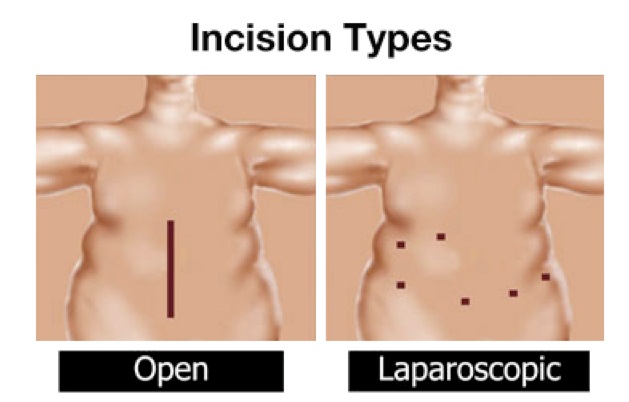Was weight loss surgery (bariatric surgery) high on your New Year’s resolution hit list? Many of us will have managed to survive the Christmas holidays and stumbled our way through into the New Year, and, as with most New Year’s Eve’s we’ll have made some resolution or another.
One of the most common of these spur of the moment decisions will be to lose weight, and some people will be thinking about surgery as a solution. But, is it really the answer?
In this article we’re going to have a brief look at weight loss surgery, what a gastric bypass involves, and what this all means for you in the long term.
To start with it has to be pointed out that weight loss surgery doesn’t cure eating disorders. There are other medical conditions that can also lead to a rapid, and sometimes not so rapid, increase in weight; for these reasons you have to work very closely with your doctor to make sure that weight loss surgery is the right solution for you.
Weight loss surgery is a life enhancing procedure that really shouldn’t be rushed into. Gastric bypass surgery is a method that virtually every substantially obese or overweight individual has thought about having performed. It’s a pricey surgical procedure that’s not without its own potential risks; however it’s a lifetime investment in your health and wellbeing that can prove to be immensely successful.
There are two types of gastric bypass; one is a surgical procedure that lessens the size of your stomach to around the size of an egg, so it will no longer be able to hold a substantial amount of food. This also means that the food takes a longer time to pass through the stomach and, with food still in your stomach, the brain should have the time required to register the feeling of being full.
The other weight loss surgery procedure, which can either be done on its own or in conjunction with the first method, diverts food past the stomach and to an area where it will still be digested, but the nutrients won’t be able to be absorbed back into the body. If this procedure is performed then it’s possible that you’ll have to take daily supplements to make up for the nutrients no longer being absorbed.
Gastric band and gastric bypass surgical procedures have been proven to work as a method of controlling the consumption of food for obese people trying to reach their health and lifestyle goals. However, you have to bear in mind that gastric bypass surgery is only a way to initially shed weight; there’s still work to be done after the surgery has been carried out.
After you return home from the hospital you need to pay close attention to the directions given to you by your surgeon, as well as your doctor. Following surgery patients will start to feel full, satisfied, and have a lack of appetite after eating just a tiny amount of food.
You may not be able to eat solid foods as soon as you leave the hospital, but, when you’ve been consuming solid foods for a minimum of 30 days, it’ll be time to consult your surgeon, at which time you can both decide whether a band adjustment is required.
There we have it; a very brief over view of weight loss surgery.
This is not a magic solution, all invasive surgery carries risks, and it may be something that you don’t really need to do. Check with your doctor to see if the weight gain may have been caused by some other medical condition, and try dieting and exercise before opting for surgery.
Diet and surgery may not work for you, but, after the surgery it’s something that you’re going to have to do to keep the weight off.
Weigh up your options and if it’s the only way left open to you, do as much research as you can before heading down the route of weight loss surgery.







